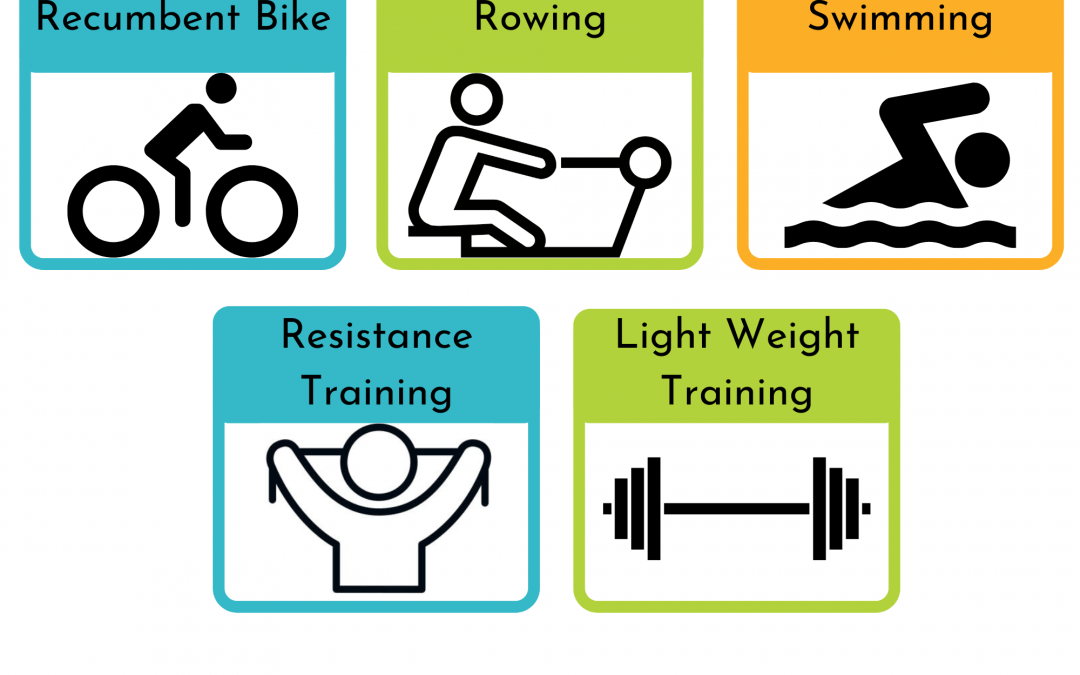Vertigo or dizziness is a huge problem effecting many people. There are several causes or different types of vertigo, some will sort themselves out, others need medical intervention and some types of vertigo are more persistent. One of the persistent ones that we see in clinic is cervical vertigo, if you have Cervical Vertigo or know someone who has it in this video we will go through some of the theories about how CD develops and what can be done about it to get you back to normal.
Cervical Vertigo is a condition that occurs when you feel dizziness, vertigo or disorientation that is coming from an issue in the neck. To understand more about CD we need to go through how your sense of balance works.

SO this confusing picture gives us the basics. Your balance is what happens when your brain takes 3 different sensory inputs (proprioception, visual info and vestibular input from the inner ear) puts them together and uses that combined signal to figure out how you are moving or standing and what you need to do to stay sable.
Unfortunately, as we get older the acuity of the 3 different signals gets worse, which is why our balance gets worse as we age (the trick is to delay the process as much as possible). Fortunately our brainstem/cerebellum has an ability to adapt or recalibrate how much it uses each of the 3 different sensory inputs
i.e. if we lose vestibular input your brain starts to pay more attention to your proprioception, or is you lose proprioception, you pay more attention to your visual or vestibular system.
The combinations are different but imagine it as your brain needs 300 units of sensory input total, if the vestib is only contributing 50 instead of 100 then the sensitivity of the proprioceptive system goes from 100 to 150 i.e you become more sensitive to joint movement because of the lack of vestibular input.
There are several theories on the mechanism involved with CD
1 theory is that you brain over compensates for a sensory input issue and amplifies the input from the proprioception in the neck too much. Then minor joint movements in the neck start to have a massive impact on your sense of balance. Because of the overcompensation your brain thinks your neck is moving further than it actually does. The mismatch between what your brain senses from your neck and what your visual input says creates the dizziness.
Another theory is that you’re your brain prioritises proprioception but then a minor joint injury or poor posture causes the dizziness because the joint isn’t moving the way it should and your brain is amplifying the signals from the area.
The trick to helping vertigo/dizziness is to normalise the sensory inputs as much as possible. For CD its trying to normalise the neck proprioception and increase the input from the vestibular system to get the calibration between the 3 sensors as close to normal as possible.
If you have CD book a free 20 minute phone consult to see if we can help.
